Squanch Games co-founder and chief creative officer Justin Roiland (who also co-created the TV show Rick & Morty on Adult Swim) was realizing a dream when he made Trover Saves the Universe. As a fan of virtual reality, Roiland was inspired by his experiences with the Oculus DK2 headset to create a boatload of ideas that flooded into his mind. But it was in bringing his dream to life that Roiland was able to imagine a future for Squanch Games beyond VR.
Players can clearly see numerous ideas packed into Trover, which was well-received by players and critics. But even Roiland has difficulty describing the game beyond its being an irreverent, comedy-themed action platforming game that works on both virtual reality headsets and flat screens.
Speaking with PC Invasion, he admits that he often “goes down a rabbit hole” when it comes to gameplay minutia. Comedy is a key element, but there’s also how the game is an unusual hybrid of first-person and third-person perspectives. In the game, players take the role of a character confined to a hovering chair who moves while simultaneously controlling a character named Trover remotely. So, it’s essentially a single-player game where players need to work cooperatively with themselves to explore and progress through strange worlds. It’s also a game with characters that insert creatures and objects into empty eye sockets to gain powers and abilities.
To say that the game is bizarre barely scratches the surface.
Adding character to Trover Saves the Universe
Roiland is a lifelong gamer, and Trover Saves the Universe began as a VR-only title, going into development before the Oculus Rift, HTC Vive, and PlayStation VR headsets became commercially available.
Although, there were a number of prototype VR experiences available for the Oculus development kits, with a demo called Sightline: The Chair (included in SightLineVR) being a clear influence for Roiland. The experience involved players sitting in one place, and the landscape changed as they looked around. However, these early experiments lacked a critical component.
“What was missing for me was character – just personality,” Roiland explained. “I wanted to go into a world, go up to a weird character who has a lot to say and reacts to things I do. That was the biggest, most important thing. I want a lot of personality and character.”
Trover began with Roiland wanting to create a game that involved a multitude of different experiences. He wanted a game that defied expectations and reacted to things players did. All of it would be built around strong personalities that would surprise players and sometimes literally scream, “Look at me!”
Although the game is only about eight hours long with a tightly scripted plot, there’s over 20 hours of recorded dialogue, mostly voiced by Roiland himself. He estimates that the game is somewhere between 50 and 60 percent ad libbed because he recorded temporary dialogue that was meant to be replaced by scripted lines done by professional voice actors. But his dialogue turned out to be so funny that the studio decided to keep them so that they could focus on other game elements.
“The plan was to replace me with talented actors, so I didn’t give a fuck,” Roiland explained. “I was just acting like a dipshit. But when we got to playtesting the builds of the levels, it was so fucking funny.”
Roiland said that a key pillar for Trover was, if Squanch did its job right, that the characters would feel real and be aware of what the player is doing. The studio spent hours with playtesters, watching what they did, and writing in responses to some of their unexpected actions.
“We tried to do as much as we could, but at a certain point it just becomes a scoping thing with the budget and schedule,” he said. “But we got a lot of crazy stuff in there and it was so worth it. Whenever you can surprise a player, that’s a good thing.”
Trover moves to flat screens
It was during playtesting that Roiland had an epiphany. The studio was testing the game using PC monitors, and Roiland realized that it also played well as a traditional flat screen game.
“That was the big moment for me – where I was like, holy shit, I have a video game studio with all these talented people,” Roiland said excitedly. “That’s when everything started to shift in my brain about my relationship to the studio and with games in general because I never assumed myself worthy or capable of designing a video game. It just never occurred to me.”
After that, ideas for games on flat screens started flooding his mind and he began to pivot toward mostly playing on flat screens. This change transformed both Trover Saves the Universe and Squanch Games as a company.
Trover Saves the Universe felt safer as a dual game, with the main problem being marketing and messaging. Although the game released in May, there are still those who don’t know that it can be played on a normal television. So, in addition to overcoming misconceptions about Trover, Squanch will be focusing on making more traditional games moving forward.
The studio won’t eschew virtual reality entirely, but Squanch is no longer limited to making VR games.
“We have some really amazing stuff coming that I’m so fucking excited about,” said Roiland. “It’s all across different genres and types of games, but none of them are going to be VR first. At best, they’ll be VR second.”
Justin Roiland is still a VR fan
Despite the drastic change in the studio’s direction, Roiland said that he remains an enthusiastic virtual reality supporter and still believes in the technology’s future.
“If I had billions of dollars and could just do whatever the fuck I wanted without having to worry about turning a profit, I would probably only make VR games,” said Roiland.
Although Roiland admits that VR adoption didn’t take off as quickly as many had hoped, that wasn’t a consideration for Trover Saves the Universe.
“We were essentially developing a game for a new console, so there was always the question of whether it would take off, but it wasn’t a big deal for us,” he said. In fact, development for the game as a VR exclusive was already well underway when he discovered that the game played well on flat screens.
Roiland added, “We will continue to do VR stuff – I have no desire to abandon the medium. But as a studio, we have to turn a profit. If we come to a point where we have some sort of huge hit, then you can bet your ass we’ll start making a bunch of weird VR games.”
He sees headsets such as the Oculus Quest as being one of the strongest ways for VR to continue growing. Squanch’s projects would probably need to be scaled down graphically to fit the hardware, but getting people to try out VR is key.
At the same time, he recognizes that arcade-style games such as Space Pirate Trainer and Beat Saber are dominating the VR market. However, he still believes that there’s room for story-based games.
“I want to go on crazy adventures, experience weird characters and worlds, with a nice narrative driving me,” said Roiland. “That’s how I am as a gamer. I’ve always been that way.”
What to expect from Squanch Games
Developing games is substantially different from working on an animated television show. Roiland said that he worked very closely with his partner Dan Harmon to do Rick & Morty, while Squanch pretty much let him do whatever he wanted, for better or worse. Sometimes that was liberating for him, and it was terrifying at other times.
“With games, I kept saying that it’s almost like making a TV show where the audience can reach in and start fucking with shit,” he said. “You have to come up with new dialogue and things every time they mess with something. But that’s not necessarily a bad thing, because it was fun. I’m such a gamer that I was excited by that aspect.”
Roiland said that Squanch has a list of ideas, some originally meant for movies but are now being pivoted to game stories. He and his studio continue to find their bliss by finding interesting and funny things and then seeing if they can make games out of them.
“I think the most important thing for the studio is comedy, but also solid core gameplay,” Roiland explained. “Five years from now, it would be amazing to have a handful of games of various sizes that all felt different from each other in various ways – different styles and genres – and strengthening our skills as a team.”
While many other small studios tend to focus on one specific genre or game, Roiland wants to create games that are different from each other.
“I think the goal is to keep surprising and delivering quality stuff that’s irreverent, funny, and feels like it’s a little out of left field but still has mainstream appeal.”
Trover Saves the Universe is available now for PC and PlayStation 4. Although the game supports virtual reality, no VR equipment is required.

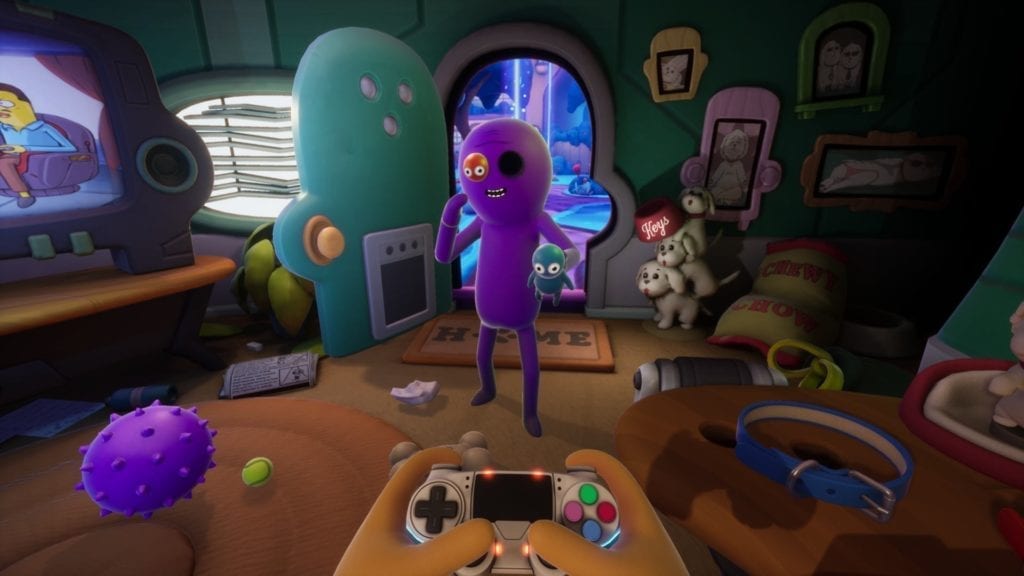
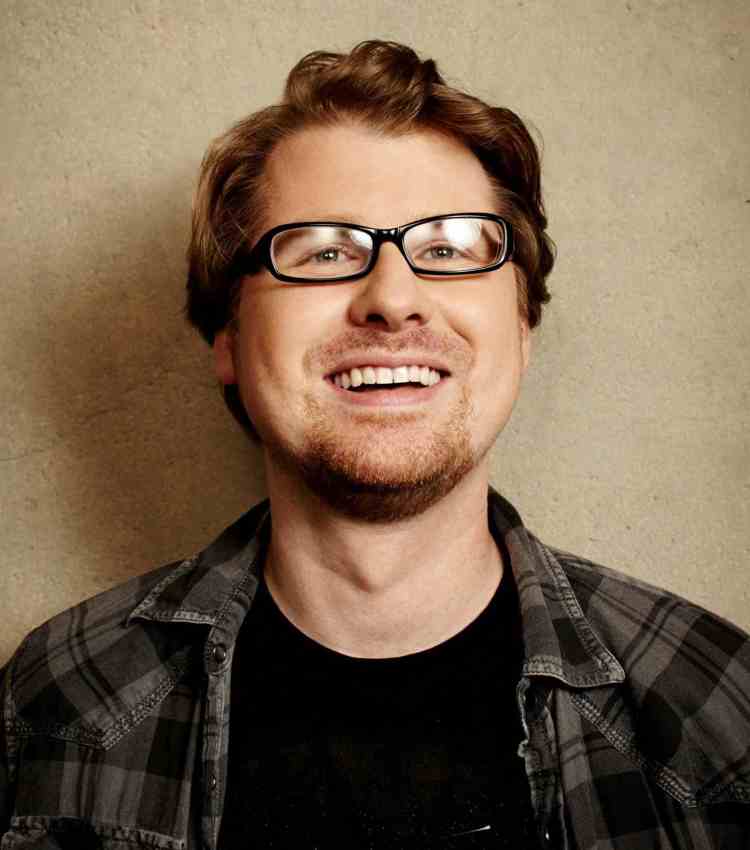
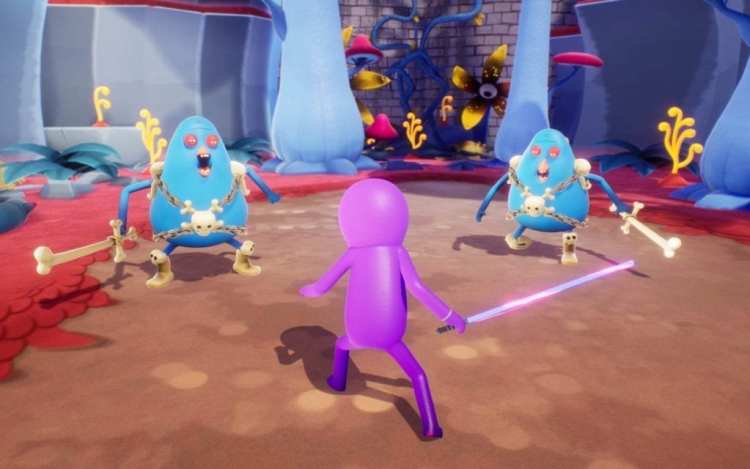
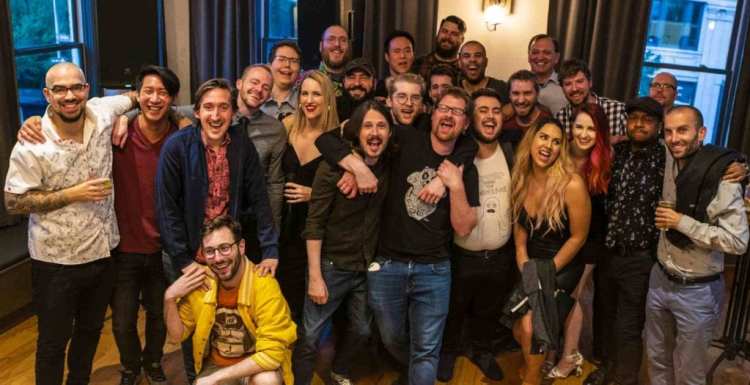
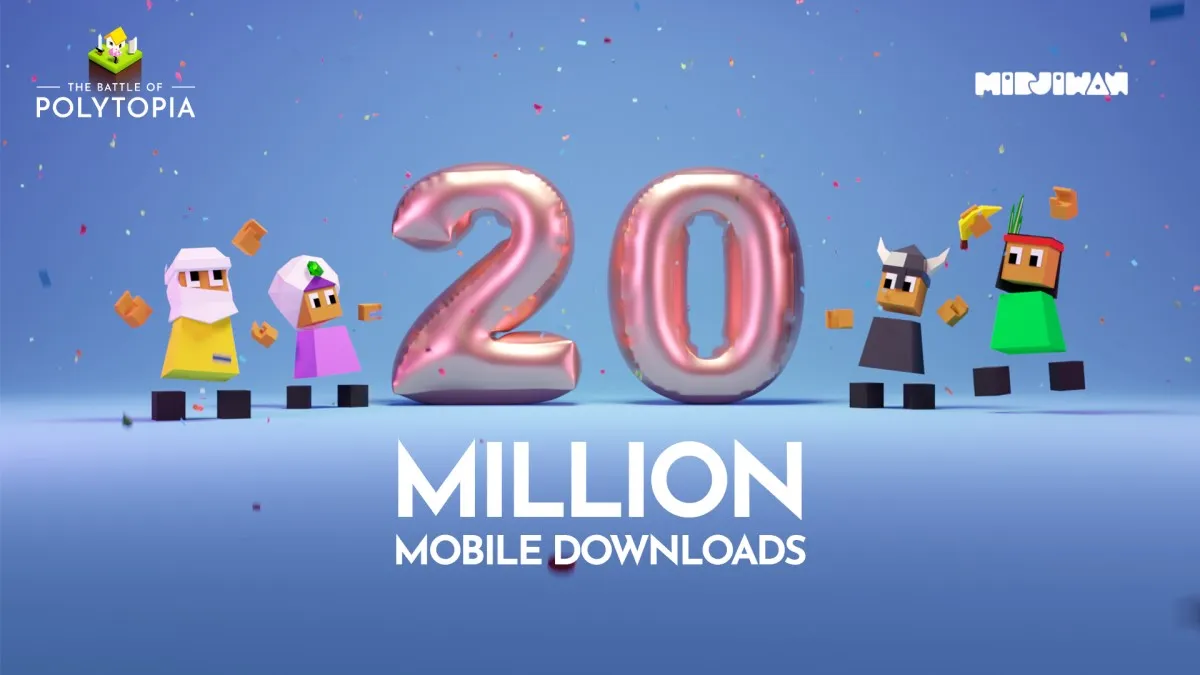

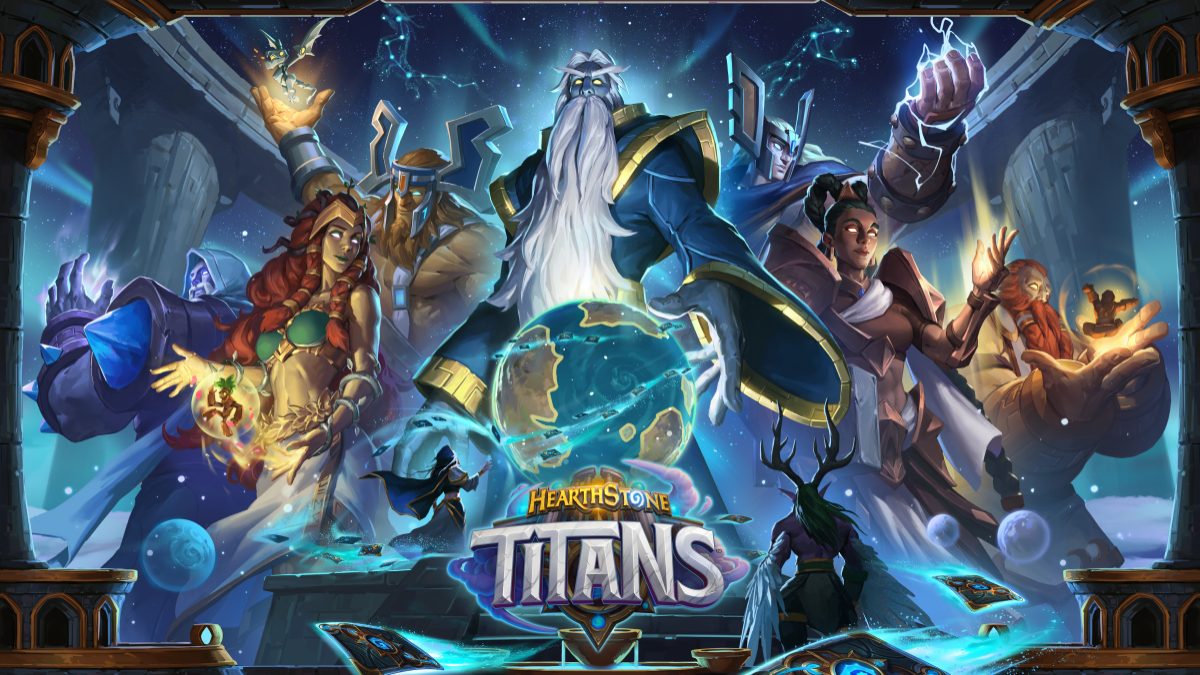

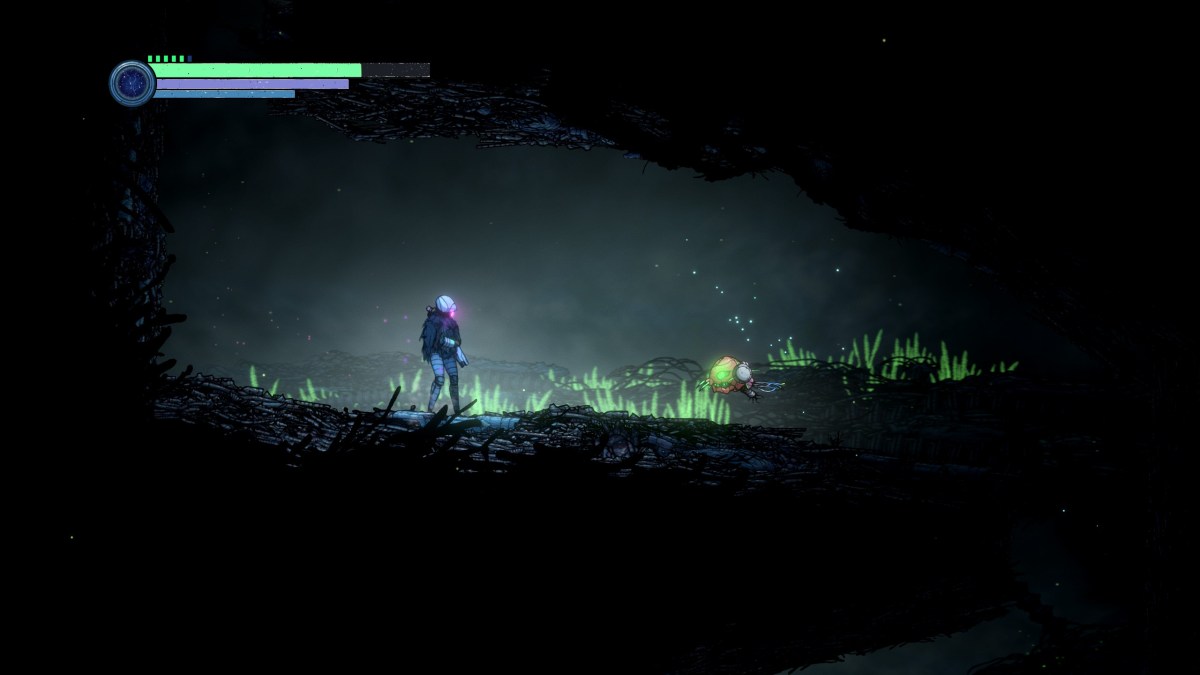
Published: Aug 16, 2019 12:00 pm